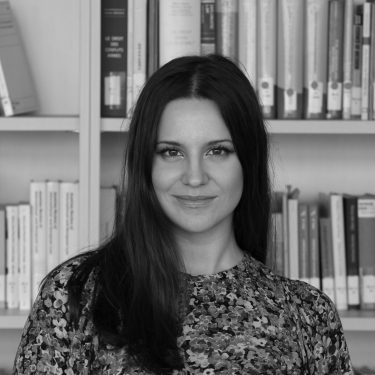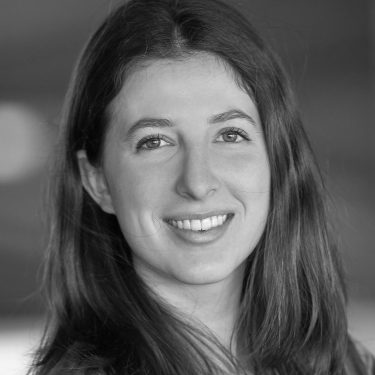For many of us, the current days lead into a bit of a winter break. In the Northern Hemisphere, it is winter solstice today – the days will be getting lighter and longer again (good news!). Many will celebrate Christmas in the upcoming days and weeks, whether on the evening of 24 December, on 25 December or on 6 January. For some it has a strong religious importance, for many it is simply a time for gathering with the family. In many places, Christmas is all around – even if one doesn’t celebrate. We thought we’ll do a bit of lighter posting in this last week before the break and take up some themes of the season. But international law is not only in the Northern Hemisphere – for international law it is as much summer solstice as it is winter solstice today! And while the institutions of international law have their particular seat and history, their outlook and practice are supposed to be universalist: religiously neutral, culturally diverse. So how does international law relate to Christmas? We decided to explore this in … the Critical Christmas week.
In the posts this week, you will find some reflections around Christmas and international law: its ideas and practice, how this particular holiday is treated in the schedules and operations of international institutions, how festivities around Christmas relate to animal rights and the environment, and more. We wish you – our readers and authors – a joyful and a peaceful end of the year 2021 and a merry Critical Christmas Week!


Meike Krakau is a doctoral candidate and a research assistant at the Chair of Public International Law and Public Law at the Ludwig-Maximilians University (Munich). Her research interests include international environmental law with a special focus on climate change litigation, human rights law and international adjudication. She is a Co-Editor-in-Chief at Völkerrechtsblog.

Cathérine is a postdoctoral research fellow at the Academy for European Human Rights Protection (University of Cologne) and an affiliated researcher at the Human Rights Centre (University of Ghent). Her research is often socio-legal in nature and focuses on subjects such as procedural justice, perceived discrimination, Islamophobia as well as #MeToo and ‘Himpathy’. She follows the case law of the ECtHR and regularly contributes to third party interventions to the Court. She is a Managing Editor of Völkerrechtsblog.
